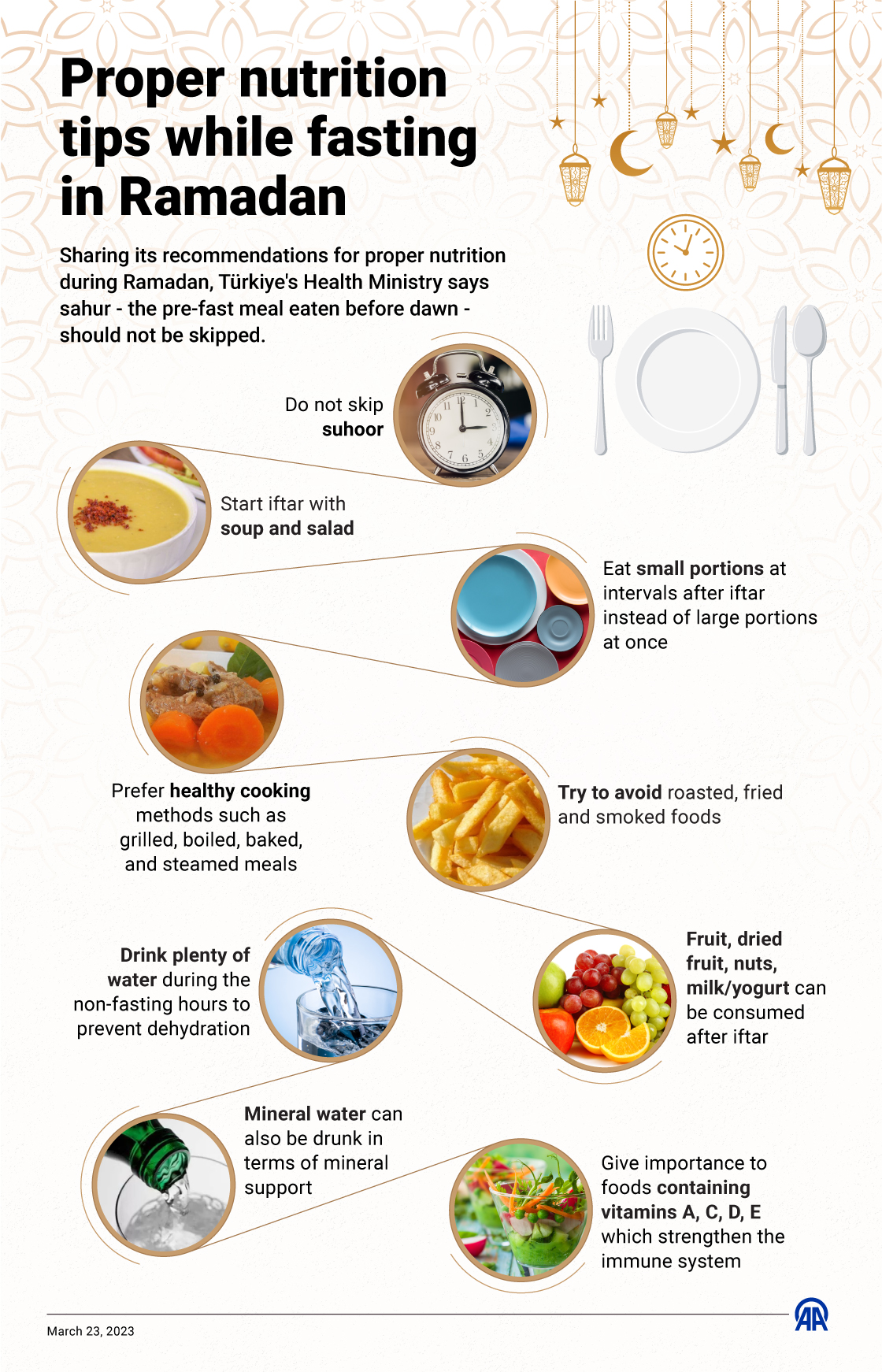
Elevate Your Nutrition with Today’s Tip of the Day
Introduction: Welcome to Today’s Nutrition Tip
Welcome to Today’s Nutrition Tip, where we’ll explore practical and actionable advice to elevate your nutrition and improve your overall well-being. Each day, we’ll provide you with valuable insights and tips to help you make informed choices about your diet and lifestyle. Let’s dive into today’s tip and discover how you can elevate your nutrition starting now.
Understanding Macronutrients
Macronutrients, including carbohydrates, proteins, and fats, are the building blocks of a healthy diet. Understanding the role of each macronutrient in your diet is essential for optimizing your nutrition. Carbohydrates provide your body with energy, while proteins are crucial for muscle repair and growth. Healthy fats support brain function and hormone production. By balancing these macronutrients in your meals, you can ensure that your body receives the nutrients it needs to thrive.
Prioritizing Whole Foods
Whole foods, such as fruits, vegetables, whole grains, lean proteins, and healthy fats, should form the foundation of your diet. These nutrient-dense foods provide essential vitamins, minerals, and antioxidants that support overall health and well-being. By prioritizing whole foods over processed and packaged options, you can fuel your body with the nutrients it needs to function optimally and maintain a healthy weight.
Hydration is Key
Staying hydrated is essential for overall health and well-being. Water plays a crucial role in regulating body temperature, aiding digestion, transporting nutrients, and flushing out toxins. Aim to drink at least eight glasses of water per day, and adjust your intake based on your activity level and climate. You can also hydrate with herbal teas, infused water, and hydrating fruits and vegetables to ensure that your body remains properly hydrated throughout the day.
Balancing Your Plate
Creating balanced meals is key to maintaining stable energy levels, supporting digestion, and preventing cravings. Aim to fill half of your plate with colorful fruits and vegetables, one-quarter with lean protein sources, and one-quarter with whole grains or starchy vegetables. Incorporating a variety of colors and textures into your meals ensures that you receive a wide range of nutrients to support overall health and well-being.
Mindful Eating Practices
Practicing mindful eating can help you develop a healthier relationship with food and improve your overall nutrition. Pay attention to hunger and fullness cues, and eat slowly and mindfully to fully enjoy your meals. Avoid distractions such as screens or multitasking while eating, and savor each bite. By tuning into your body’s signals and listening to its needs, you can make more conscious choices about what and how much you eat.
Planning and Preparation
Meal planning and preparation are essential for maintaining a healthy diet, especially during busy times. Set aside time each week to plan your meals, create a grocery list, and prep ingredients in advance. This can help you save time and money, reduce food waste, and ensure that you have nutritious meals and snacks on hand throughout the week. Experiment with batch cooking, freezer-friendly meals, and simple recipes to streamline your meal prep process and make healthy eating more convenient.
Listening to Your Body
Your body is a remarkable machine that knows what it needs to thrive. Pay attention to how different foods make you feel and adjust your diet accordingly. If certain foods leave you feeling energized and satisfied, incorporate more of them into your meals. Conversely, if certain foods leave you feeling sluggish or bloated, consider reducing or eliminating them from your diet. By tuning into your body’s signals and honoring its needs, you can develop a healthier and more intuitive approach to eating.
Conclusion: Elevate Your Nutrition Today
Today’s Nutrition Tip has provided valuable insights and practical advice to help you elevate your nutrition and improve your overall well-being. By understanding macronutrients, prioritizing whole foods, staying hydrated, balancing your plate, practicing mindful eating, planning and preparation, and listening to your body, you can make informed choices about your diet and lifestyle. Incorporate these tips into your daily routine and watch as your health and vitality soar. Read more about nutrition tip of the day









